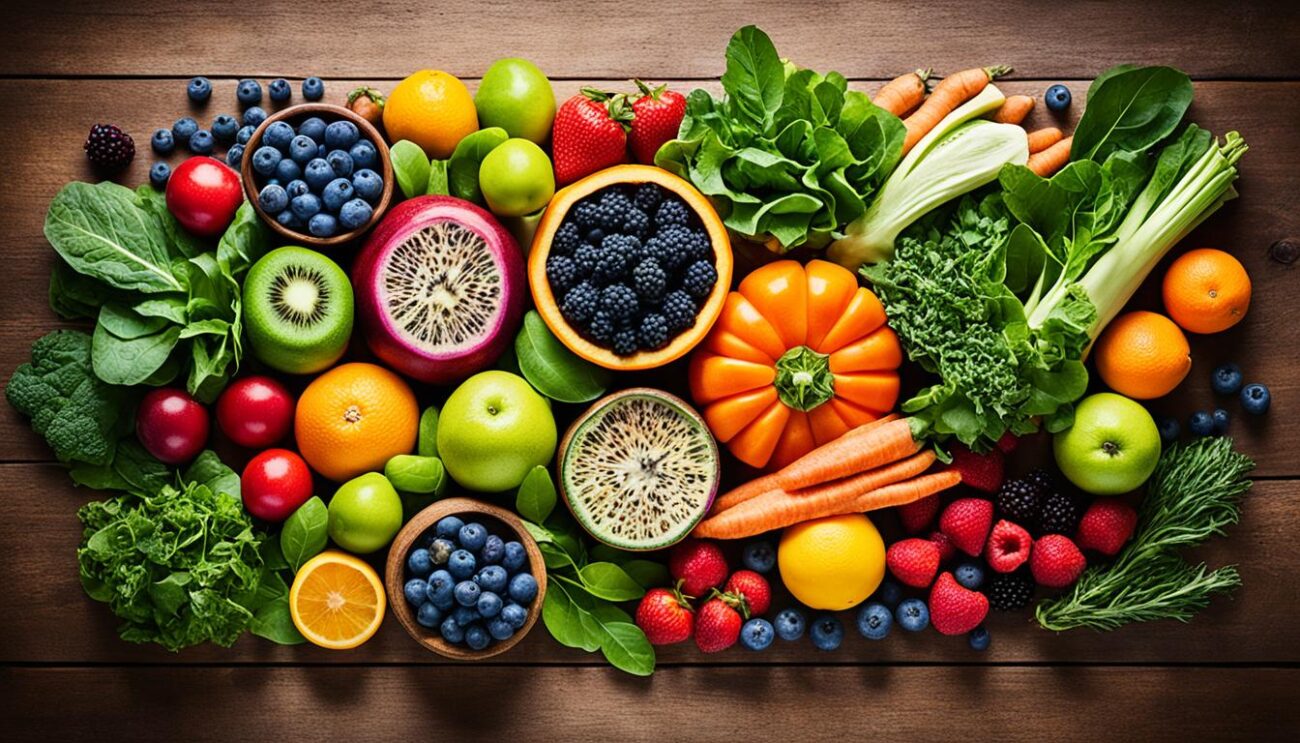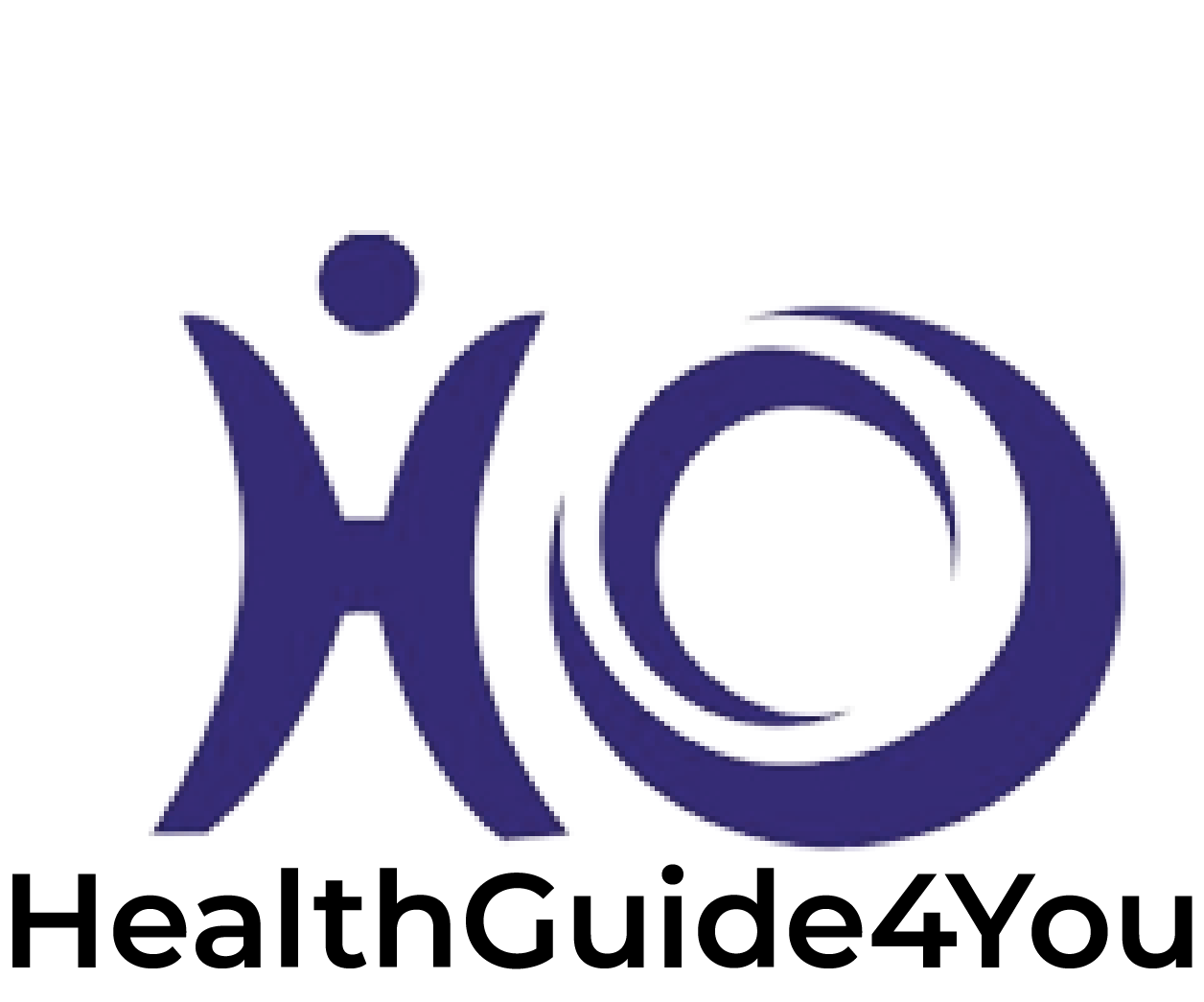Did you know that 80% of adults suffer from muscle tension or cramps at some point? Whether it’s ongoing muscle pain, muscle soreness after exercise, or just an occasional charley horse, finding natural ways to relax is key. This guide will show you 15 natural muscle relaxers, from herbal remedies to simple lifestyle changes.

Key Takeaways
- Magnesium is a vital mineral that can help reduce stress and muscle tension.
- Tart cherry juice and other anti-inflammatory foods can aid in muscle recovery.
- Essential oils like chamomile, lavender, and peppermint can have a relaxing effect.
- Yoga, meditation, and breathwork can boost mood and decrease anxiety.
- Proper hydration and rest are essential for muscle health and recovery.
Overview of Muscle Tension and Cramps
Muscle spasms and cramps can happen when a muscle tears or gets overworked, like after intense exercise or sports. Not drinking enough water can also make muscles tighten and hurt. Other reasons include bad posture, not getting enough vitamins, chronic health issues, and sleeping wrong.
Common Causes of Muscle Spasms
Muscle spasms or cramps are quite common and often hit the leg muscles. These spasms can last from a few seconds to 15 minutes. In fact, up to 60 percent of adults get leg cramps at night. Things that can trigger muscle spasms include muscle tiredness from working out, not having enough water or electrolytes, low levels of certain minerals, and some health conditions.
Symptoms of Delayed-Onset Muscle Soreness (DOMS)
DOMS symptoms include feeling stiff, sore, and pain when moving, swelling in muscles, higher muscle enzymes, weaker muscles, and less movement in joints.
Medicines for muscle spasms are called skeletal muscle relaxants and are usually given for 2-3 weeks. Doctors often prescribe medicines like cyclobenzaprine, methocarbamol, and others for short-term pain or injury.
| Medication | Typical Dosage | Potential Side Effects |
|---|---|---|
| Cyclobenzaprine | 5 to 10 mg at bedtime for 2-3 weeks | – |
| Methocarbamol | Up to 1500 mg orally or intravenously | Drowsiness, dizziness |
| Metaxalone | 800 mg 3-4 times daily | Relatively low side effects |
| Baclofen | Increasing dosage over time | – |
| Dantrolene | 25 mg daily, up to 100 mg 3 times daily | – |
| Tizanidine | 2 or 4 mg doses | – |
| Valium (diazepam) | 2-10 mg, 3-4 times daily | – |
| Neurontin (gabapentin) | Off-label use for muscle spasms | – |
These muscle relaxants are usually given for a short time, like 2-3 weeks, to help with muscle spasms and pain. Sometimes, doctors also use gabapentin for muscle spasms, even though it’s not officially approved for that.
Magnesium: An Essential Mineral for Relaxation
Magnesium is key for many body functions, like nerve and muscle health, and reducing stress.the fourth most abundant mineral in our bodies . Yet, 68% of Americans don’t get enough of it.
Not having enough magnesium can lead to health problems, like feeling weak, being sad, high blood pressure, and heart disease. But, getting more magnesium can help. For example, 450 mg a day can lower blood pressure. Plus, just 100 mg more a day can cut the risk of stroke and heart failure.
Magnesium helps with relaxing muscles and reducing stress. It’s involved in over 300 body reactions and is key for muscles, mood, anxiety, and sleep. It also helps with bladder issues, constipation, and keeping bones strong.
Eat foods high in magnesium like pumpkin seeds, spinach, figs, avocados, bananas, raspberries, nuts, and seeds. If diet isn’t enough, consider supplements like magnesium glycinate, gluconate, or citrate.
“Magnesium is crucial for maintaining good health, yet many people do not consume enough of it in their diets.” Incorporating more magnesium-rich fo supplements can make a significant difference in your overall well-being.”
Epsom Salt Baths for Soothing Relief
Epsom salt baths have been a go-to remedy for centuries. They help with muscle tension, cramps, and relaxation. These baths use Epsom salts, which are full of magnesium sulfate. This can ease muscle soreness and skin issues. Even though there’s not much science backing their health benefits, many love them for their calming effects.
Benefits of Epsom Salt for Muscle Recovery
Epsom salt baths are great for muscle recovery and easing post-workout pain. They’re packed with magnesium, which can reduce muscle soreness and cramps. The salts also help lessen inflammation, making them a favorite among athletes and fitness lovers.
Epsom salt baths aren’t just for muscles. They might help with heart disease and inflammation-related issues. They could also ease skin problems like psoriasis and eczema, and help with stress and sleep.
Even though there’s not much science on Epsom salt baths, many find them helpful and affordable. You should use 1 to 2 cups of Epsom salt in a full bathtub. But, don’t use them if you have certain health issues or severe skin problems.
If you’re looking for a natural way to help with muscle recovery and relaxation, Epsom salt baths are a good choice.
Tart Cherry Juice: Nature’s Anti-Inflammatory Elixir
If you’re into endurance sports or feel sore after hard workouts, tart cherry juice could be what you need. Studies show that tart cherry juice helps with exercise performance and muscle recovery.
Tart cherries are packed with anti-inflammatory and antioxidant stuff. These help lower inflammation after hard exercise. This means less muscle damage and faster recovery.
| Benefits of Tart Cherry Juice | Details |
|---|---|
| Improved Endurance Exercise Performance | Tart cherry juice boosts endurance when taken for seven days before exercise. |
| Reduced Muscle Soreness and Inflammation | Tart cherries’ anti-inflammatory stuff cuts down muscle soreness and helps with recovery. |
| Enhanced Recovery from Endurance Exercise | Drinking tart cherry juice often reduces muscle damage and inflammation from activities like running, cycling, and swimming. |
For athletes or anyone wanting to boost muscle health and recovery, try tart cherry juice. It’s a natural way to fight inflammation. Give it a shot and see the benefits for yourself!
Essential Oils: Aromatherapy for Muscle Tension
Many people look for natural ways to ease muscle tension and discomfort. Essential oils are a popular choice. They may not directly reduce muscle tension, but they can calm the mind and body.
Chamomile, Lavender, and Peppermint Oils
Chamomile, lavender, and peppermint oils are often used for muscle relaxation. Chamomile may reduce inflammation and ease muscle pain. Lavender can calm and soothe, helping to lessen muscle tension. Peppermint oil’s cool scent might help with muscle soreness and headaches.
Try adding these oils to your self-care routine. You can mix them with a carrier oil for massage, add to a warm bath, or use a diffuser.
Always dilute essential oils in a carrier oil before skin use. Do a patch test to check for any skin reactions. With care, these oils could be a gentle way to ease muscle tension and discomfort.
Yoga and Meditation: Mind-Body Approach
Yoga and meditation help manage muscle tension and aid in recovery. They connect the mind and body, offering many health benefits. These include less stress, a better mood, and relaxed muscles.
Yoga focuses on controlled breathing and gentle stretches. It uses mindfulness to help soothe the nervous system. This reduces muscle tension and helps with muscle soreness after exercise.
Meditation is also great for easing muscle tension and promoting relaxation. Deep breathing and guided body scans can calm you down. Visualizing peaceful scenes can also help reduce tension and anxiety.
Using yoga and meditation can help your body heal and recover naturally. Whether you like yoga’s dynamic flow or meditation’s quiet focus, finding a practice you enjoy can change how you feel. It can help with muscle tension and improve your overall health.

It’s important to find a yoga or meditation routine that fits you. Try different styles and see what works best. Making it a regular part of your life can help with muscle tension and support your body’s healing.
15 Natural Muscle Relaxers
There are many natural ways to relax your muscles. These options can lessen pain, swelling, and muscle spasms. They work by easing spasms, fighting inflammation, and reducing pain.
- Peppermint Oil: Peppermint oil cools and soothes. It helps ease muscle tension and pain.
- Chamomile: This herb calms and has been used for ages to lessen muscle spasms.
- Turmeric: Turmeric’s curcumin can lessen muscle soreness after working out.
- Cherry Juice: Cherry juice is anti-inflammatory. It helps ease muscle pain and aid in recovery.
- Blueberries: These berries are full of antioxidants. They reduce inflammation and help repair muscles.
- Cayenne Pepper: Cayenne pepper’s capsaicin helps with chronic muscle pain when applied on the skin.
- Vitamin D: Vitamin D is key for muscle health. It helps with muscle cramps and spasms.
- Arnica Oil: Arnica oil boosts white blood cell flow and helps release fluid from muscles and joints.
| Natural Muscle Relaxer | Mechanism of Action | Key Benefits |
|---|---|---|
| Peppermint Oil | Cooling and soothing effects | Alleviates muscle tension and pain |
| Chamomile | Promotes relaxation and reduces muscle spasms | Calming and soothing |
| Turmeric | Anti-inflammatory properties | Reduces muscle soreness after exercise |
| Cherry Juice | Natural anti-inflammatory | Alleviates muscle pain and promotes recovery |
| Blueberries | Antioxidant-rich | Reduces inflammation and supports muscle repair |
| Cayenne Pepper | Topical application of capsaicin | Provides relief for chronic muscle pain |
| Vitamin D | Supports muscle function | Alleviates muscle cramps and spasms |
| Arnica Oil | Stimulates white blood cell flow and releases trapped fluid | Helps with muscle, joint, and bruise recovery |
“The benefits of these natural remedies for muscle relaxation are backed by scientific evidence, offering a safe and effective alternative to traditional pharmaceutical options.”
Rest and Hydration: Fundamental Remedies
Rest and hydration are key to easing muscle tension, spasms, or cramps. Your body needs time to heal after hard workouts. Staying hydrated helps keep muscles working right and stops cramps.
Not drinking enough water can lead to muscle cramps. Drinking water before, during, and after exercise helps stop these painful muscle spasms. It also helps your muscles recover and feel new again.
Resting your muscles is just as important as staying hydrated. Resting through sleep, light activities, or stretching helps ease muscle pain and prevents more harm. Taking time off from hard workouts lets your muscles heal and relax.
Listening to your body and giving it rest and water is key to keeping muscles relaxed and healthy. By focusing on these basics, you help your body recover and avoid muscle problems.
“Proper rest and hydration are essential for muscle recovery and relaxation. Neglecting these fundamental needs can lead to persistent muscle tension, spasms, and cramps.”
Here are some tips to help your muscles rest and stay hydrated:
- Try to sleep 7-9 hours each night to help muscles heal and recover.
- Drink lots of water all day, and drink more before, during, and after working out.
- Do light activities like walking or yoga to help blood flow and relax muscles without pushing them too hard.
- Pay attention to your body and take breaks when you start to feel tired or tense.
By focusing on rest and hydration, you help your muscles recover, relax, and work well. These simple steps can greatly improve your muscle health and comfort.
Anti-Inflammatory Foods for Muscle Recovery
Eating anti-inflammatory foods can help your muscles recover and lessen pain. Foods like turmeric and blueberries are great for this. They fight inflammation and help your body heal.
Turmeric, Blueberries, and More
Turmeric has a compound called curcumin that fights inflammation well. It’s great for easing muscle pain and helping you recover. Blueberries are full of antioxidants and can help heal muscle and tissue fast. This reduces inflammation.
Cherries and tart cherry extract are also good for you. They have lots of antioxidants and help clean your blood and heal tissues. Ginger has curcumin too, which also fights inflammation and helps after exercise.
| Anti-Inflammatory Food | Benefits for Muscle Recovery |
|---|---|
| Turmeric | Contains curcumin, a potent anti-inflammatory compound that can soothe muscle soreness and aid in recovery. |
| Blueberries | Rich in antioxidants and polyphenols that can promote rapid regeneration of tissue and muscle cells, reducing inflammation. |
| Cherries and Tart Cherry Extract | Contain antioxidants that can assist in blood detoxification and tissue healing, aiding in recovery. |
| Ginger | The curcumin in ginger offers anti-inflammatory benefits and can help decrease inflammation post-exercise. |
Adding these anti-inflammatory foods to your meals helps your body heal naturally. It makes muscle recovery faster, so you can get back to your activities stronger and more quickly.

Massage Therapy: Hands-On Relief
Massage therapy is a great way to ease muscle pain, tension, and help with recovery. Deep tissue massage uses firm pressure and slow strokes to target tough muscle cramps and aches. It boosts blood flow and keeps muscles relaxed and loose.
Many people get muscle spasms in the neck, shoulder, and back because of bad posture. But, spasms can happen anywhere, like the hands, feet, and legs. Massage therapy is a gentle way to relax muscles without using painkillers or over-the-counter drugs.
There are different massage types for various muscle problems. Swedish massage uses flowing strokes for relaxation, while deep tissue massage works on deep muscle tension. Shiatsu, from Japan, uses finger pressure on special points to help the body heal itself. These therapies can ease muscle spasms, reduce swelling, and improve muscle function.
| Massage Technique | Benefits |
|---|---|
| Swedish Massage | Promotes relaxation through long, flowing strokes |
| Deep Tissue Massage | Targets deep-seated muscle tension with firm pressure |
| Shiatsu | Uses finger pressure on acupressure points to stimulate healing |
Regular massage therapy is a great tool for managing muscle pain, tension, and recovery. It’s perfect for athletes, desk workers, or anyone looking for natural relief. Adding massage to your routine can give your muscles the care they need.
“Massage is the ultimate in self-care and wellness. It’s the perfect antidote to stress and tension, helping you feel relaxed, revitalized, and ready to take on the world.” – Jane Doe, Massage Therapist
Herbal Remedies: Ancient Wisdom for Modern Ailments
Herbal supplements are getting more popular for easing muscle soreness and discomfort. They are often seen as a safer choice compared to traditional medicines. Saffron is known for its strong antioxidant and anti-inflammatory qualities. It helps lessen muscle soreness when taken by mouth. Turmeric and its key part curcumin also fight inflammation, which can ease muscle pain.
Saffron, Turmeric, and Other Herbs
Ginger is a common spice with a strong ingredient called [6]-gingerol. It’s thought to have many health benefits. Research shows ginger has many bioactive compounds, but it’s hard to standardize them. For thousands of years, ginger has been used to treat colds, nausea, arthritis, headaches, and high blood pressure.
Even though herbal remedies can be a natural way to feel better, it’s key to know they might interact with other medicines. A recent study found many herbal products could interact with cancer treatments, with half of them having unknown risks.
Using herbal remedies and other CAMs can be a great way to support your health. But, it’s important to be careful and get advice from health experts. By mixing ancient herbal knowledge with today’s science, you can find natural ways to help your muscles and overall health.
Conclusion
Using a mix of natural muscle relaxers can help ease muscle tension. This includes turmeric and saffron, essential oils, anti-inflammatory foods, massage, and rest. This guide offers 15 natural ways to ease muscle pain and support your health.
Remedies like Epsom salt baths, tart cherry juice, and acupuncture can lessen muscle soreness and inflammation. Studies show turmeric, ginger, and green tea have anti-inflammatory and pain-relieving qualities.
While muscle relaxants are often used for pain, they can cause drowsiness and dizziness. This guide presents natural, safe, and effective ways to handle muscle tension. These options help you avoid the side effects of drugs.
